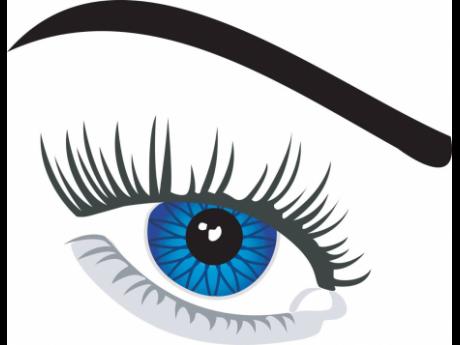Q. I am over 40. Am I too old to have LASIK surgery?
A. No. There are several options for laser vision correction after 40 that will afford good distance as well as near-vision correction. The technique is called mono-vision, where the ‘dominant’ eye is corrected for distance and the ‘non-dominant’ for near. After age 45, this can be enhanced with a KAMRA inlay in the non-dominant eye (conditions apply)
Q. Can glaucoma be corrected with surgery?
A. The elevation in eye pressure that is a factor in many cases of glaucoma can be managed surgically or with LASER, especially when eye drops fail to provide adequate control. The options include I-Stent micro-inserts, Ahmed Valve, or the traditional trabeculectomy. The latter has a high failure rate in Negros because of our propensity to scar easily. Laser trabeculoplasty (SLT) and low-energy Cyclo Diode LASER are the non-surgical options. Glaucoma not associated with uncontrolled or elevated eye pressures cannot be ‘cured’ surgically.
Q. If I got hit in the eye some time ago, can it affect me in the future?
Headlines Delivered to Your Inbox
A. Yes, it can. Cataract formation, recurrent inflammation of the anterior chamber of the eye, glaucoma, optic nerve atrophy, and retinal hole, tear or detachment are some consequences of prior trauma to the eye.
Q. Can cataract and glaucoma occur together?
A. Most certainly! Although they are different conditions, they commonly do occur in the eyes simultaneously, though not necessarily with the same time of onset. Interestingly, cataract often makes the glaucoma worse, as it changes the special orientation of the front of the eye, resulting in what is called a phacomorphic glaucoma. Glaucoma as a neuropathy can have a mixture of causative or aggravating components. Cataract removal in such cases prove beneficial to the management of the glaucoma.
Q. I have frequent headaches. Does this mean I need glasses?
A. Headaches are certainly a symptom of eye strain and, especially if the forehead or brow area is where the pain concentrates, an eye exam is a good idea. Seeing an ophthalmologist for this exam is also a great opportunity to check for glaucoma, optic nerve pathology, or abnormalities in the retinal blood vessels which may indicate some intracranial pathology. Once these are ruled out, the doctor will investigate the other symptoms such as dizziness, nausea, patterns of the pain, triggers, etc, and may require an MRI study to rule out more serious conditions which may cause the headache.
Dr Maynard McIntosh is an ophthalmologist. Ophthalmic Suites. 34 Lady Musgrave Road, Kingston 6. Tel: 876-630-0864/ 876-759-6449 Email: info@ophthalmicsuites.com and yourhealth@gleanerjm.com Website: www.ophthalmicsuites.com

